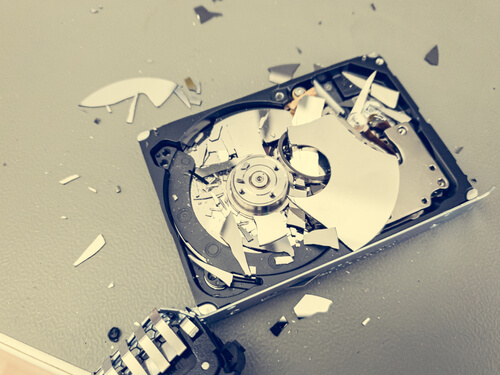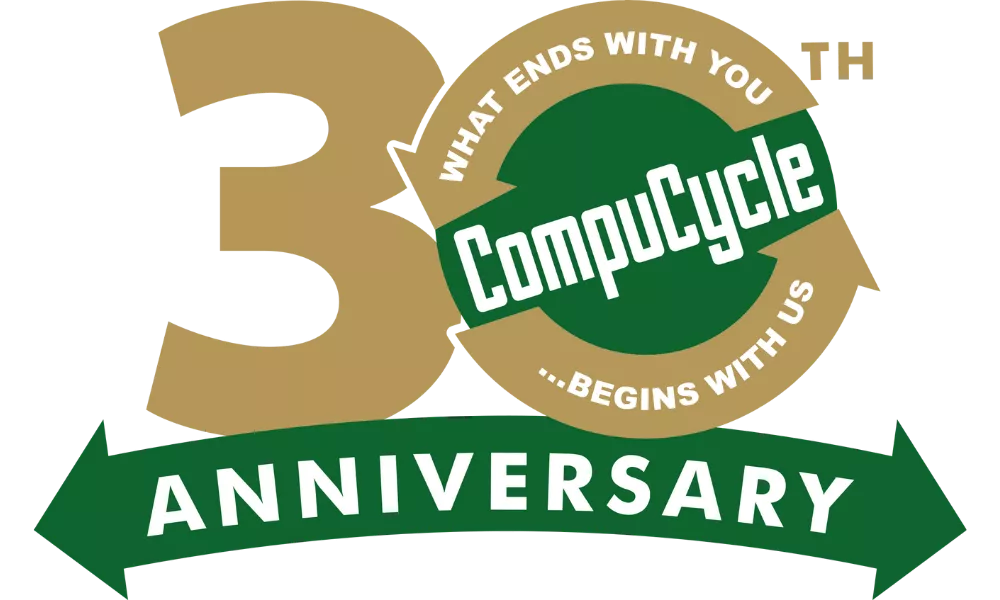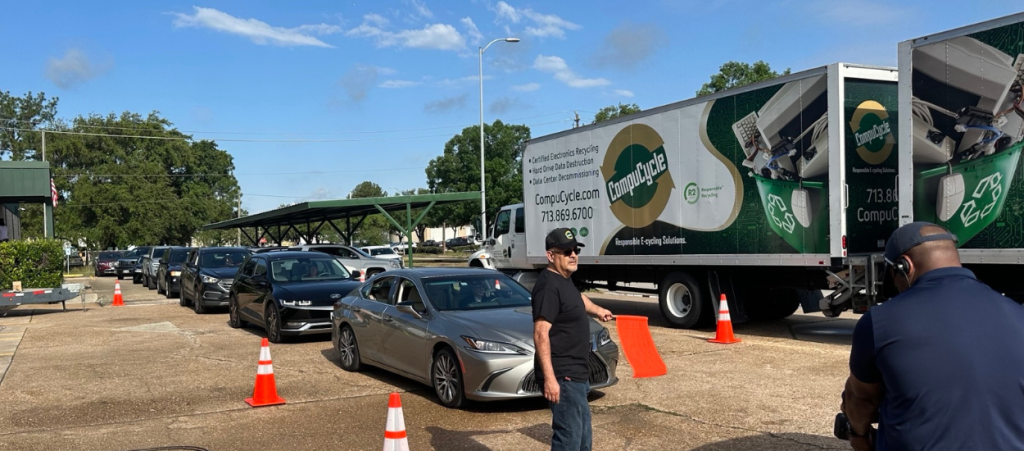
If you have been wondering how to wipe all the data from a hard drive while making sure your windows software still is intact, you have come to the right place. There is more than one way of doing this process, but all of them are delicate as non-erasure of Windows is key here. The most common reason to want to wipe a hard drive without harming its operating system is to make sure the person you are giving your PC to is not able to access the information and data that is stored in it. Remember, the safest way to go about making sure that even the most tech-savvy of individuals or even professional hackers are unable to retrieve data from a hard drive is to select a certified company that focuses on secure hard drive data destruction.
If you are not representing a business or your hard drive does not hold information and data that is extremely confidential or sensitive, you may take the leverage of giving away the hard drive to someone. In this case, the typical ways of wiping data would not work, and you will either end up erasing the Windows or leaving the data stored in it easily recoverable. However, following the below-mentioned steps will allow you to succeed in your endeavor.
Restore, Reset, or Refresh 
You can restore, reset, or refresh the operating system by using the built-in utilities that are available in Windows 10, 8.1, and 8. They are a bit different in their flavors, but the purpose of all of them is the same. These three methods affect your files and data in diverse ways as they are designed to best suit different scenarios. For instance, when you restore the PC, it nullifies the latest changes made to the system. So, it will not get you the desired result. Refreshing the windows keeps all your settings as well as data intact while reinstalling the Windows.
Resetting your system, on the other hand, reinstalls Windows and removes all the files. Thus, this mode of action is the closest and quite a fast way to remove all the files from a hard drive without losing Windows.
Manual Deletion
Tedious and even bizarre, but the method takes you somewhat close to your desired result. You can delete each of the files stored on your hard drive one by one and leave your Windows as it is. However, the files you manually remove are recoverable, and this method is not at all secure and should only be performed if you are retiring your PC to give it to a close or trusted friend.
Formatting the Drive
It is better to use a secondary bootable device to format a hard drive. For example, you can use a system repair disc for this purpose. This method is usually opted for when formatting the partition that bears your Windows.
Use DBAN and Reinstall Windows
You can go about using a utility like Darik’s Boot and Nuke (DBAN) for the purpose. Keep in mind that you cannot keep Windows with it as it wipes off everything from the hard drive, including Windows as well recovery partitions. Therefore, you will need to reinstall Windows after using DBAN.
All said and done, there is no single operation that allows you to keep your operating system while removing all the files from there. You can perform the above-mentioned processes to achieve the result, but none of these methods are secure as your files can still be recovered if a person who knows his way around IT wants to recover them. Cybercriminals out there know their way around such things. Therefore, these methods are not ideal or even close to it for corporate businesses or even individuals who have data on their hard drives that they do not want anyone to access.
When a business is looking to retire an end-of-life hard drive or any other data-bearing device, the best way to go about it is HardDrive shredding or hard drive destruction from a certified HDD destruction service. Secure hard drive disposal ensures that the sensitive data and information stored on the devices about the company’s finances, employees, and/or customers are wiped off from the face of the earth securely. With no one getting even close to accessing the data, the business, through HDD destruction, easily mitigates the risk of cyberattacks.
The process of hard drive shredding is best managed by experienced, specialized, and qualified professionals. CompuCycle has a team of expert hard drive destruction professionals who are always there to help you in this regard. Get in touch with CompuCycle now to schedule off-site or onsite hard drive shredding. The HDD destruction service is certified with Responsible Recycling (R2) standards and fully compliant with all the local as well as international hard drive destruction regulations.
Recent Articles
Goodwill Houston Partners with CompuCycle to Offer Simple, Responsible Electronics Recycling for the Community
Goodwill Houston and CompuCycle have partnered to give Houstonians a simple, trustworthy way to donate and recycle household electronics.
Through this collaboration, residents can drop off laptops, desktops, tablets, monitors, and other household electronics at participating Goodwill Greater Houston donation centers. Reusable items help fund Goodwill’s job training and community programs, while non-resellable electronics are sent directly to CompuCycle’s certified Houston facility for secure, fully in-house recycling—ensuring materials are responsibly processed locally from start to finish.
Read MoreCompuCycle Becomes Exclusive Woman-Owned E-Waste Processor in Texas with ISO 27001 Data Security Certification
New Information Security Management System (ISMS) Certification Guarantees End-to-End Data Confidentiality and Integrity for Corporate IT Asset Disposition (ITAD). HOUSTON, TX – December 9, 2025 – CompuCycle, an industry leader in secure and sustainable IT…
Read MoreSecure Electronics Disposal in Houston: Why the City’s Largest Industries Trust CompuCycle
When a major healthcare system decommissions thousands of laptops, or an oil and gas company retires an entire data center, one question comes up again and again: What happens to all that data — and…
Read MoreCompuCycle Executives Join R2 TAC and e-Stewards Leadership Council to Advance ITAD Standards
Houston-based ITAD provider deepens its industry influence through active participation in standard-setting committees. As corporate ITAD needs evolve alongside stricter compliance and ESG requirements, CompuCycle continues to lead the way—this time by contributing directly to…
Read MoreCompuCycle In The News – Earth Month 2025
From Trash to Treasure: Follow the Extraordinary Journey of a Recycled Laptop Collected at the E-Cycle Drive
How ITAD Can Offset Enterprise IT Costs: The CIO’s Guide
- « Previous
- 1
- 2
- 3



